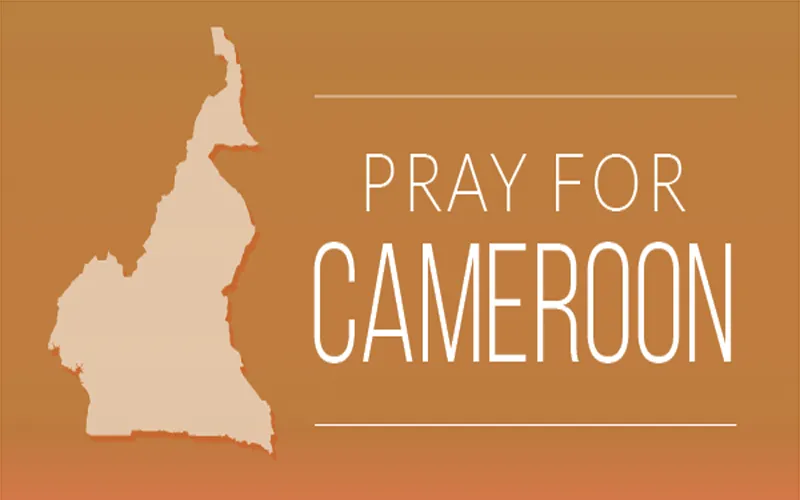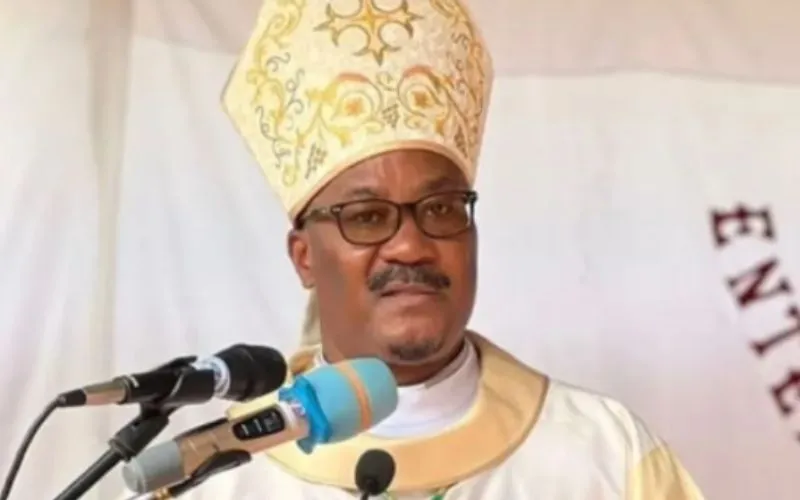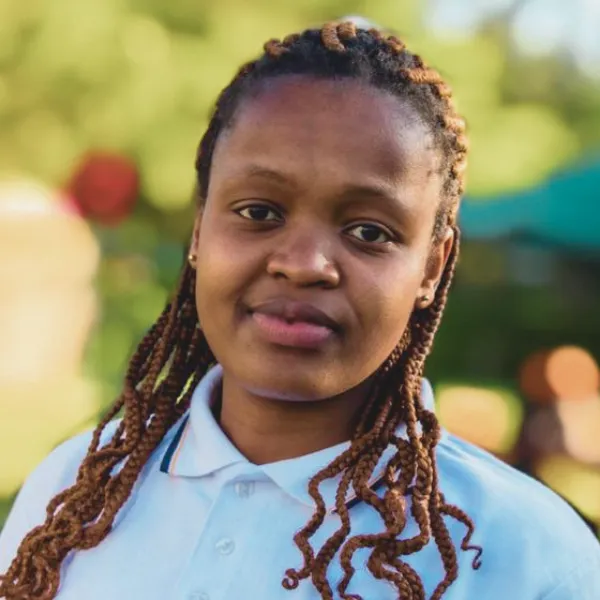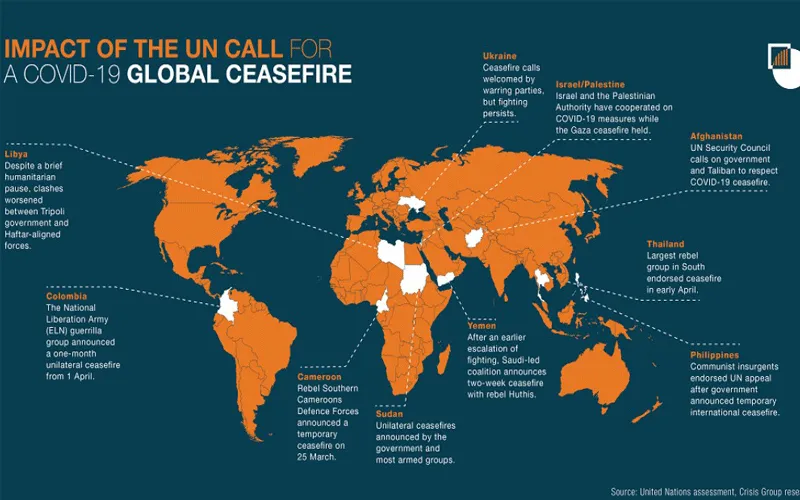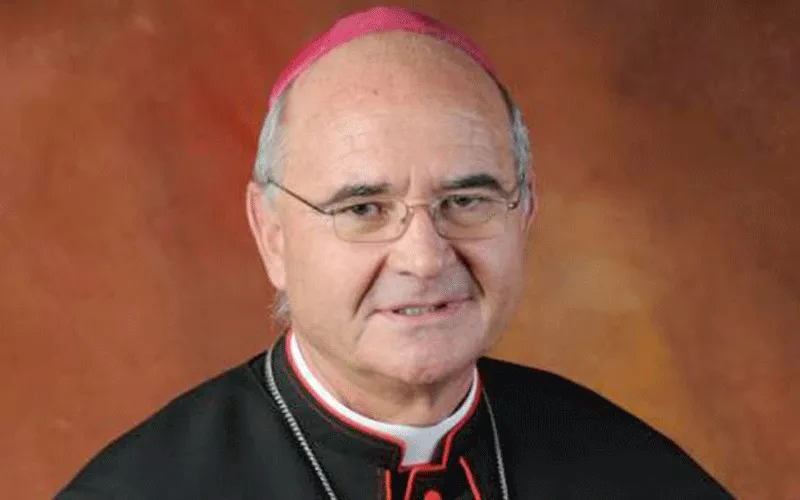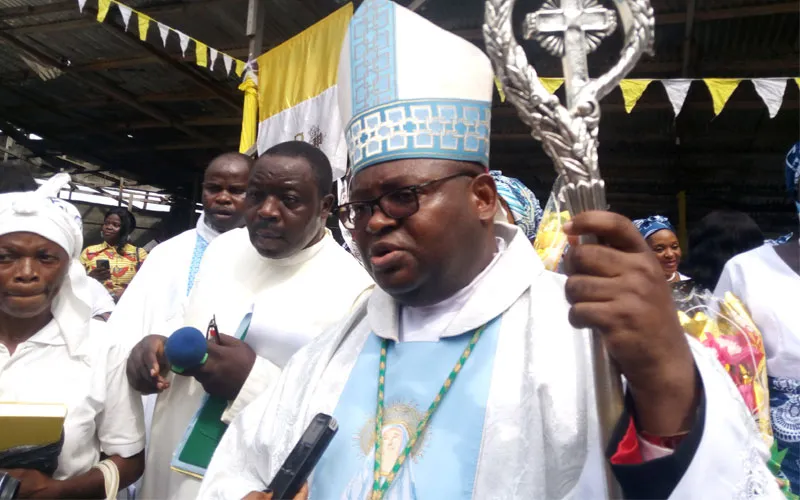Bamenda, 23 June, 2020 / 10:05 pm (ACI Africa).
Respected leaders from the international community under their umbrella body, the Global Campaign for Peace and Justice in Cameroon (GCPJC), have called on warring parties in the Central African nation to reach a ceasefire if the fight against COVID-19 pandemic in the country can be effective.
GCPJC members who include retired U.S. ambassadors to Cameroon like John Yates and Harriet Isom, UK members of parliament such as Harriet Baldwin and Andrew Mitchell, the former Prime Minister of Canada Joe Clark, the former President of Chile Ricardo Lagos, Dr. Denis Mukwege of DR Congo, and the former President of South Africa FW de Klerk, among others issued a collective statement Monday, June 22 calling on the government and separatist rebel forces in Cameroon “to put people’s health first” by ending the protracted conflict that has affected the country’s Northwest and Southwest regions since 2016.
“We challenge the government and military of the Republic of Cameroon to call a ceasefire in the two Anglophone regions,” they state in their collective letter and reiterate, “We challenge all non-state armed groups (NSAGs) in the two Anglophone regions to call a ceasefire.”
They continue, “It takes bravery to call a ceasefire, of course, but that’s what it means to put people’s health first. We challenge everyone involved in the fighting to respect human life and protect health workers, patients, and health facilities.”
Signed by Members of the informal group of academics, activists, journalists, and other concerned citizens around the world, GCPJC members remind President Paul Biya-led administration of its “special responsibility to protect its citizens under international law.”



